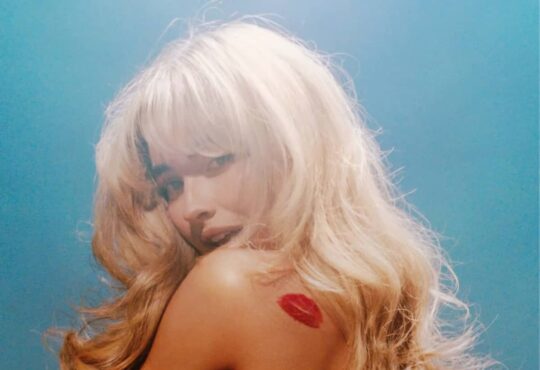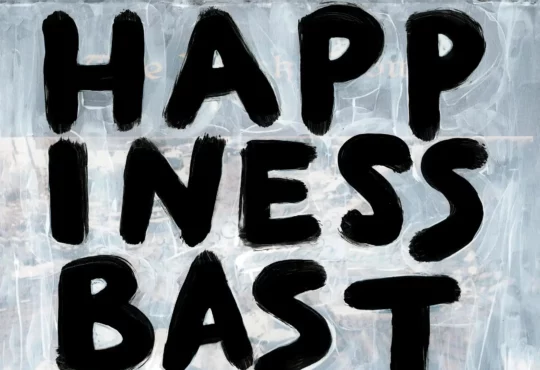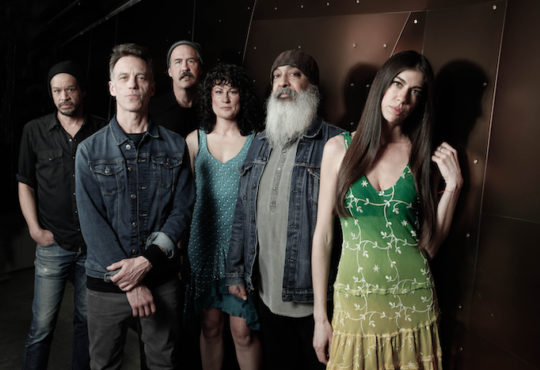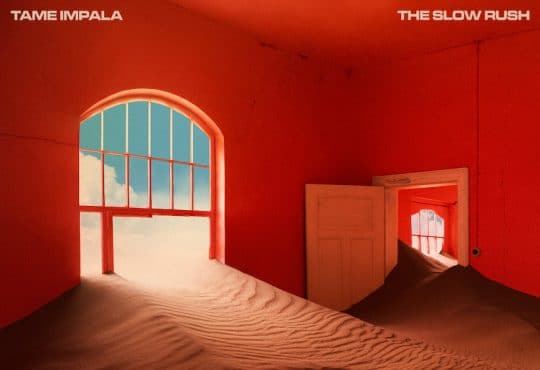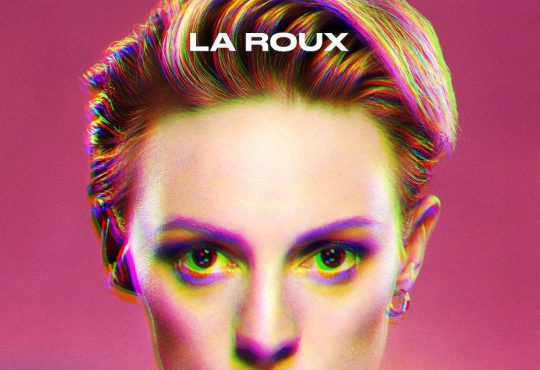Rich Robinson is back with The Magpie Salute and a brand new album. What’s behind it?
The album begins with “Mary The Gypsy” and the end of the track is like a twist with the piano. It’s kind of surprising for the first track. What was the idea with an ending like this?
Rich Robinson: It’s just to put a stamp on it like “this it”. But in the song itself, it’s more like a charge into this sort of sea of, sort of homogenised horseshit that we hear as musicians, people, citizens, human beings, I mean… Everyone is talking about “less less less” and musicianship is really gone by the way so to me like, rock n’roll music can be still vibrant. Timeless but vibrant at the same time because it’s living and it’s breathing. And what “Mary The Gypsy” is about is kind of raging into that storm and kicking that out and starting over again.
You already did shows with the band but no new material at the time. In which state of mind were you when it was once again time to write new music?
Rich: I always write so I always have stuff and then… With the [The Black] Crowes, it was only my brother and I and that was just it. I wrote the music, he wrote the lyrics. In this band, I wanted to bring John and Mark forward into writing so the three of us just kind of sat and we started writing, throwing stuff out and so ultimately… If a song didn’t needed me, I wouldn’t add something and vice versa. It was like serving the songs and serving the band.
What’s the process like? Jams?
Rich: We had a lot of parts. I brought a part and it was like: “let’s work this out, let’s see”.
It’s more like a construction then.
Rich: Yes. Like to me, to belabour something, there’s no excitement of course, it has to be fun. To have a general perimeter but to go in and flush it out because you never really know until you’re in the studio and everyone is playing, you never really know what’s happening. We also recorded some songs and three days later I was like: “ah no I don’t like that verse, lets record it again”. So we were doing, redoing, structuring things. Because I think it deserves attention, sometimes things are great 80% the time and sometimes it sounds stupid.
“I hope listeners can be relieved of some of their burdens by hearing us have fun and share stories”. That’s your opinion about music? Is it always a matter of getting away from something negative/bad that we listen to music?
Rich: I think it is relation and also validation. Whatever people go through. A loss, they hear a sad song, that song validates the feelings. “Oh wow, I know how it felt, I can relate to that, I can feel that”. And if someone falls in love and there’s that song about love and they can relate too. So it’s almost like a validation of feelings but also this relation, you can put up and create with your experience to that song and the song will mirror back. That’s really what it’s about or should be about.
What are you looking for when writing a song? What’s the most important aspect of it? Any examples from the record to illustrate that?
Rich: To me, a great song. I kinda feel like in the 80’s, someone had some success by telling every musician to just quick playing: play one note on the bass, play your bar chord on the guitar and that’s it. That killed creativity. When we started or when bands like Soundgarden, they explored music again for a little while but then, we sunk back into that zone maybe because of pop music or I don’t really know what it is. But a good song, in my opinion, should be a very interesting music that flows, with lyrics and vocal that fits within the song. It’s not about: “here’s the vocal and here are some other shit” that just kind of support the vocal. All my favourite songs, that’s how it was. Plus I think that a song needs something to say, to tell, to touch the world, the humanity or touch on some any sort of creative element. “What’s that? What’s the purpose of it?” Is your purpose of writing a song just making money? Or is it to be famous? Or is it the purpose of your song to express and share your experience and how you see the world. Because ultimately it goes into the world if people like it. From that it can also touch them and they’ll have a deeper appreciation about what you’re singing about. They’ll become more tolerant in certain things like that.
With all your experience and your bandmates’ too, do you sometimes fear to repeat yourself while writing? Or maybe you don’t care?
Rich: No. Writing is like a language. You have letters and words, and writers and authors will tend to go through words that they use as tools and they may have a tempo to the way they write a paragraph, or a word they use a lot or an interesting concept. What musicians have, twelve notes to work with. Certain notes are keys and certain things resonate specifically with an artist or a musician and maybe they like those: “oh lets use this in 15 different contexts”. Creation is creation and a song that I write is just a song that I write. If I like it, it goes on things. If it’s a good song, it’s great.
Comparing to the first part of the album, the vibe is getting smoother at the end. Why? Is it a way to open a way towards the second part?
Rich: Yes I mean there’s two albums we recorded so. This told the story and have a narrative, a musical path to follow. And in the next one, it’ll have its own too but I’m looking at both as a unique piece.
Why did you record two albums? Was it supposed to be a double album? How do they interact?
Rich: It was supposed to be a big one yes but 28 songs is too much information. Let’s staggered it and break it up and let people time to sit with this one and digest it before we throw the other one. It also creates a cool story, because then part two is coming in a few months and it’ll be cool.
If you had to illustrate the record with three tracks, which one and why?
Rich: “High Water” because it’s so deep. I think it really touches on. I really like the imagery of it. It’s cleansing but also distractive, there’s a push and pull with that whole thing. Musically it has mystery, intrigue, all of that. “Sister Moon” I think it’s such a beautiful pop song. It’s really simple and stripped down but it creates that mood, there’s a mood in that. And “Can You See”, what I’m singing about is humanity and what it means to be human. And as we’re in this world and we’re talking about IA, because it can do all these things, what about humanity? As technologies are coming closer and doing things, what the digital is, is a copy of reality. So it’s never real, so where’s the reality? Then that starts to question what reality is in itself. I kind of feel like all of those elements are touched upon in that song and overarching in what we do like Bob Dylan used to sing about. These sort of biblical references that everyone can wrap their head around. He painted those massive pictures with his words and what he’s singing about but you can find… and his tracks are still relevant today.
Finally, we are “RockUrLife” so basically: what rocks your life Rich?
Rich: Being able to get out into the world and travel, see everything. But I guess ultimately it’s just my family more than anything.
Website: themagpiesalute.com












